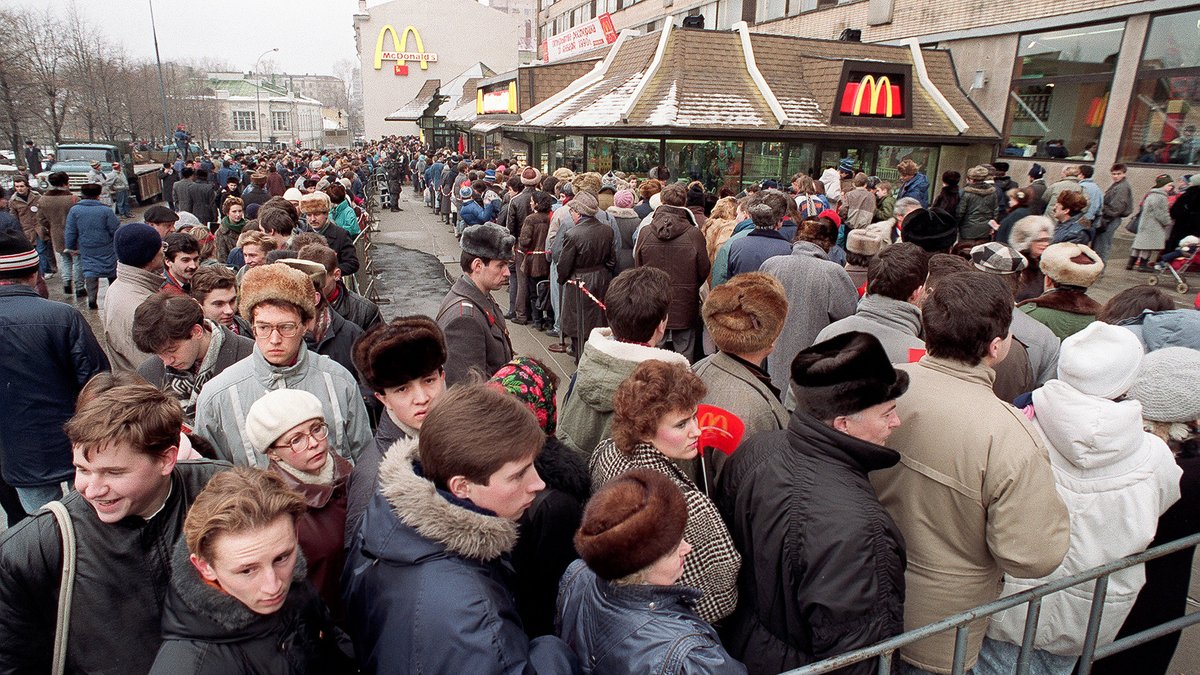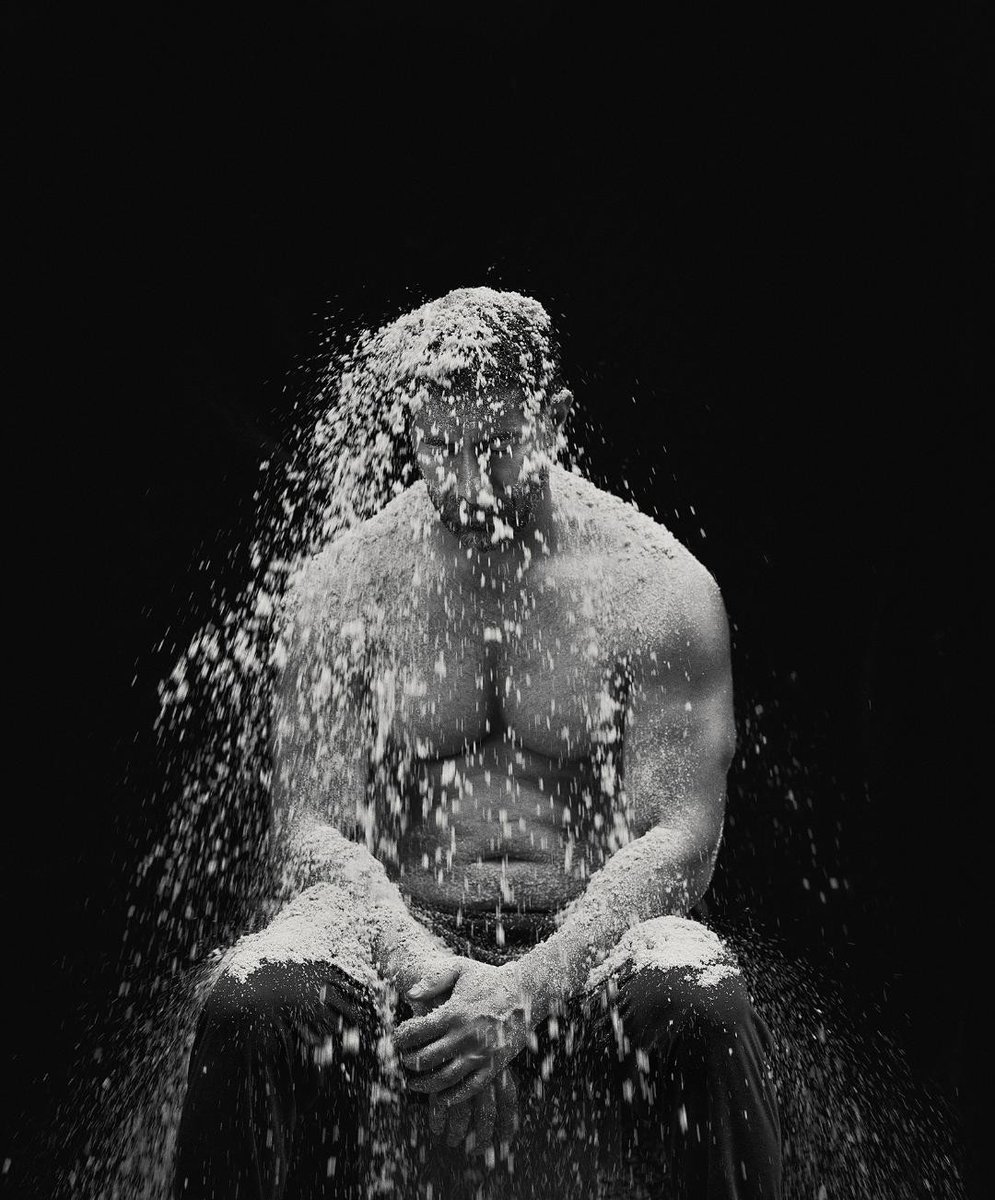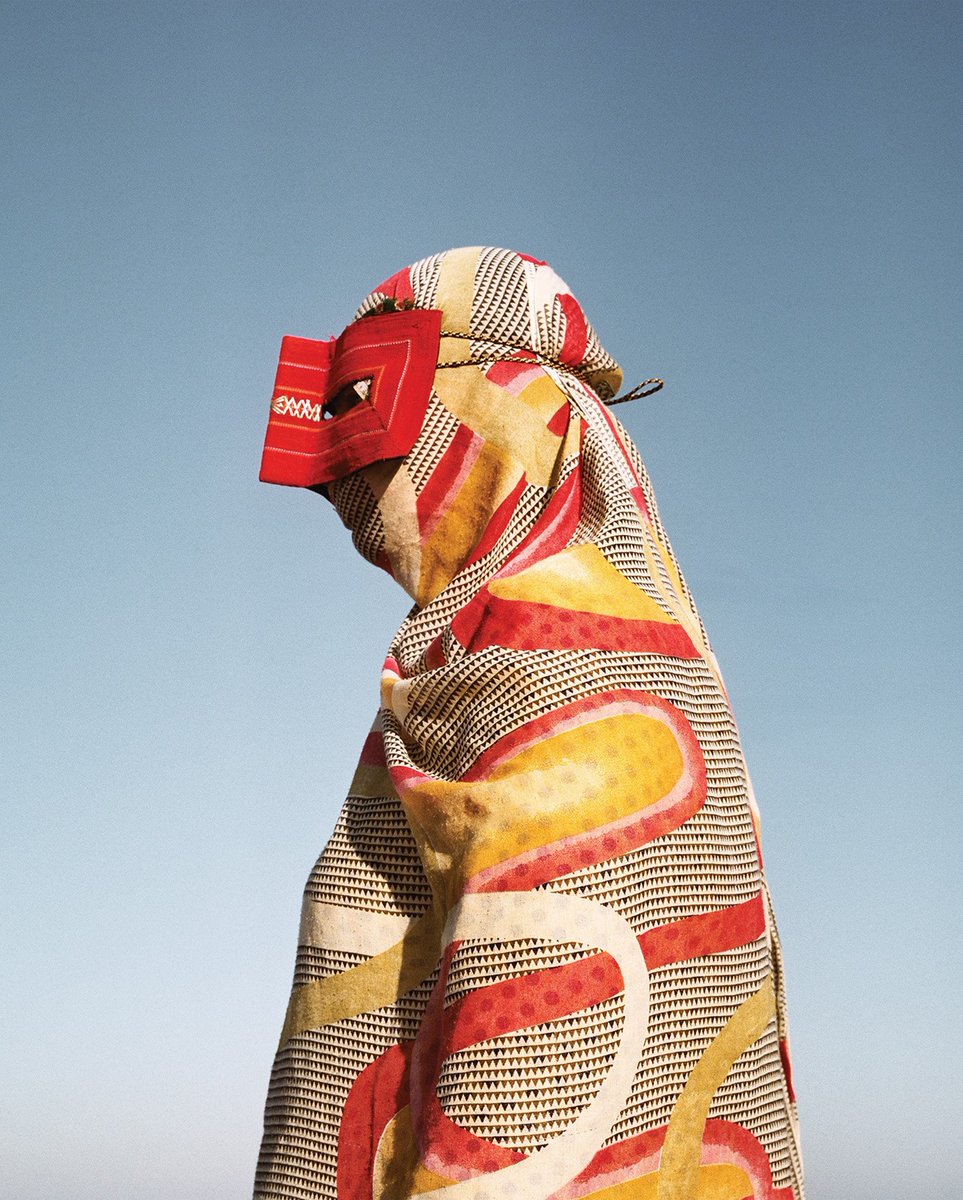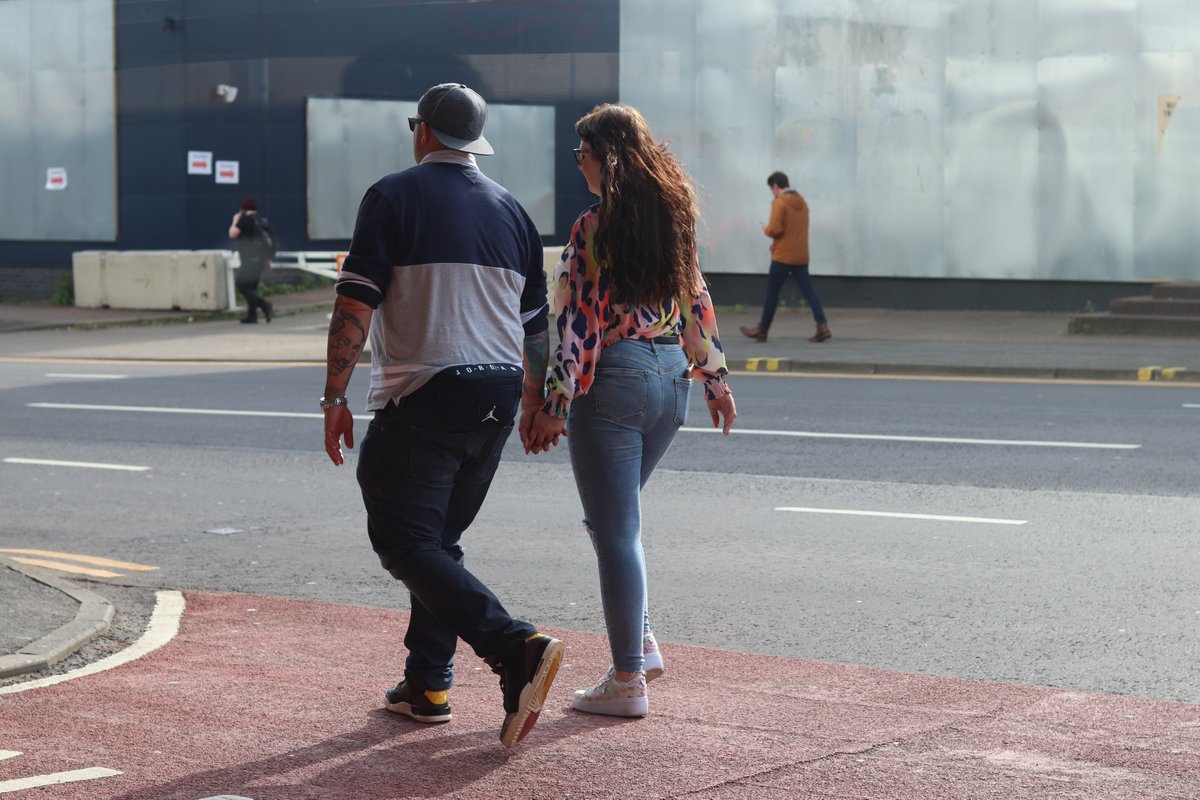
In Russia, price of Coca-Cola, Fanta and Sprite have skyrocketed by nearly 200% since the Coca-Cola Company suspended business in the country.
fontanka.ru/2022/04/13/712…
fontanka.ru/2022/04/13/712…
Russian drink producer Ochakovo has unveiled a new range of soft drinks to replace the iconic brands that have left the Russian market in the wake of its invasion of Ukraine.
Say hello to...CoolCola, Fancy and Street.
Say hello to...CoolCola, Fancy and Street.

Established in the Soviet Union in 1978, Ochakovo primarily produces traditional Russian beverages such as fermented grain-based kvass and low-alcohol honey drink medovukha.
In April, a beverages company based in Russia’s Far East, the Slavda Group, launched Grink Cola as well.
In April, a beverages company based in Russia’s Far East, the Slavda Group, launched Grink Cola as well.

Things are not going great for Russia's drink producers, with customers complaining that neither drink was “sweet and sparkling.” #realitybites
• • •
Missing some Tweet in this thread? You can try to
force a refresh



















